
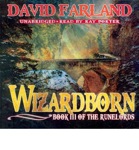 Wizardborn: Book 3 of the Runelords
Wizardborn: Book 3 of the Runelords
By David Farland; Read by Ray Porter
19.5 Hours – [UNABRIDGED]
Publisher: Blackstone Audio
Published: 2010
Themes: / Fantasy / Epic Fantasy / Magic / Battle /
Book three in the Runelords series is far better than book two, in my opinion. Although you should read all the books in order, as it’s one story in four parts, this book (like the others) can stand alone.
Wizardborn begins immediately after the Battle at Carris where Gaborn is regrouping and preparing to chase the Reavers back to the Underworld. He has lost the ability to warn his Chosen of danger and must do what he can to save mankind from the dark times to come.
Binnesman discovers that Averan is wizardborn and an Earth Warden and takes her on as his apprentice. In addition to learning how to be an Earth Warden, Averan must find the Waymaker, a Reaver who knows the paths in the Underworld and can tell her who to get to the Lair of Bones.
The book follows four storylines that all break off from the Battle at Carris. Gaborn’s fight against the Reavers, Borenson and Myrrima’s journey to Inkarra, Erin Connall and Prince Celinor’s journey north and Raj Ahten’s return to Indhopal.
I like how each chapter in this series begins with a title and a quote from an historical figure or book. It gives the world a sense of history and depth beyond the immediate story. The characters know their legends and heroes and their stories so the narration only touches on them, which lets the reader see enough to understand without feeling preachy. Indeed, it gives you the feel that this world is complex and has a living, vibrant history. The pacing is good and each chapter ending leaves you wanting to know more.
The book builds the tension of each story, cutting from one group to another until the end, where everyone is at a life-or-death crossroad and you can’t wait to see how it resolves.
The book is very well written. The narrator does an excellent job of keeping you engrossed in the book and separating the voices. He’s a good reader and suits the story well. On a scale of 1 to 10, I give it an 8.
And now, on to read book four…
Posted by Charlene Harmon





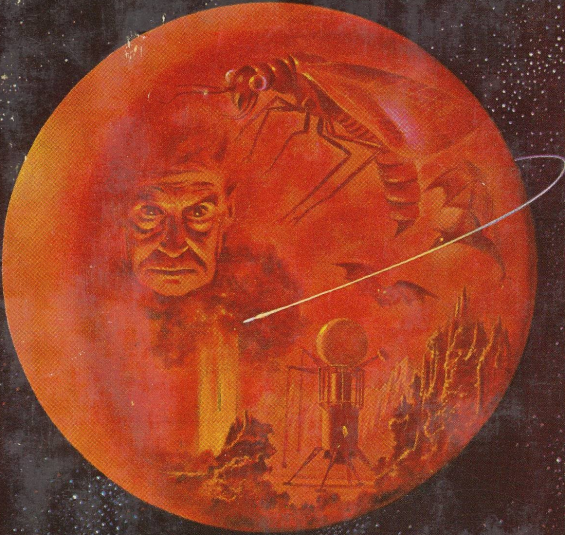
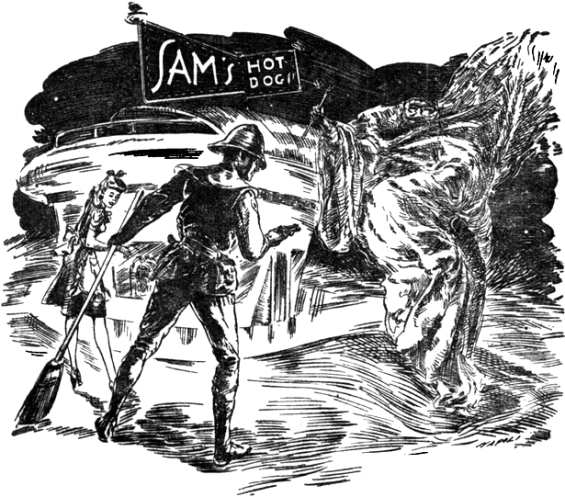
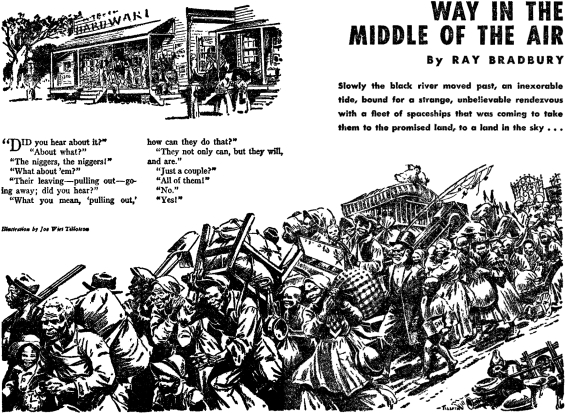
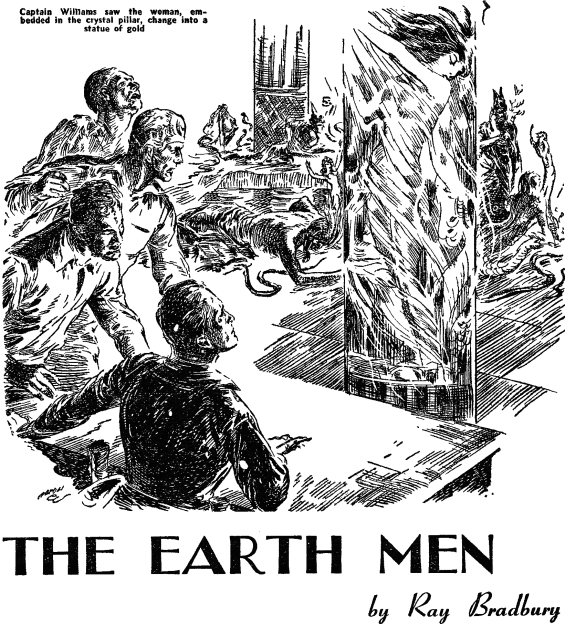
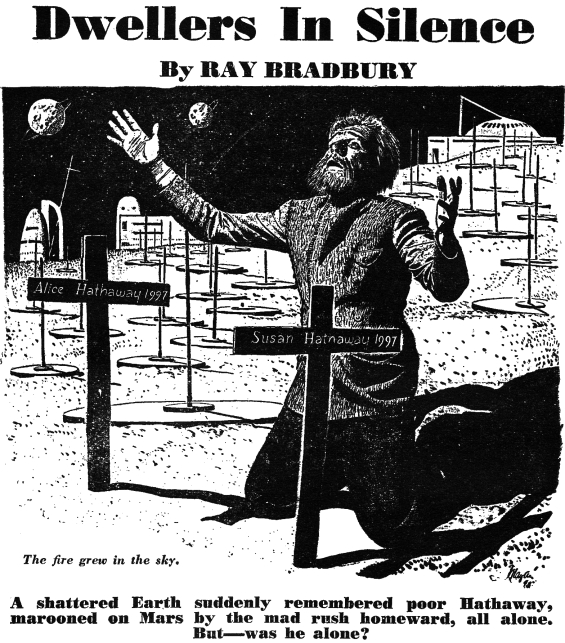
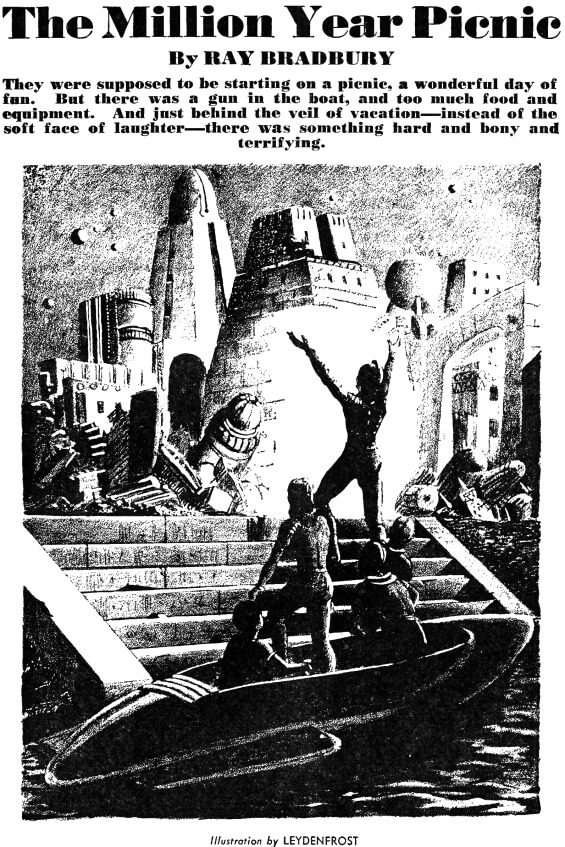
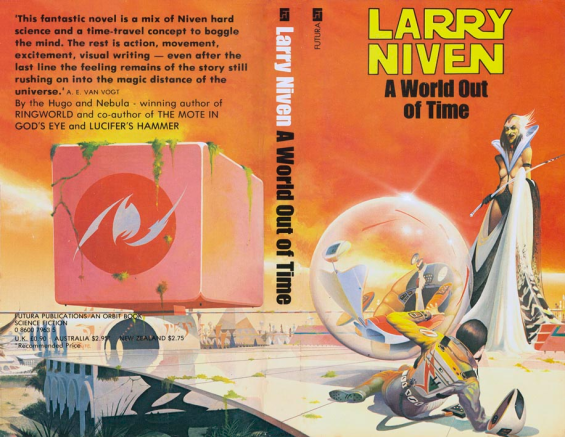
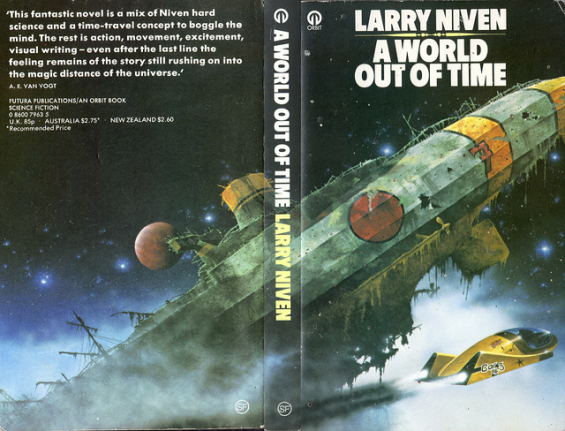


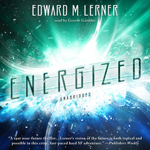 Energized
Energized